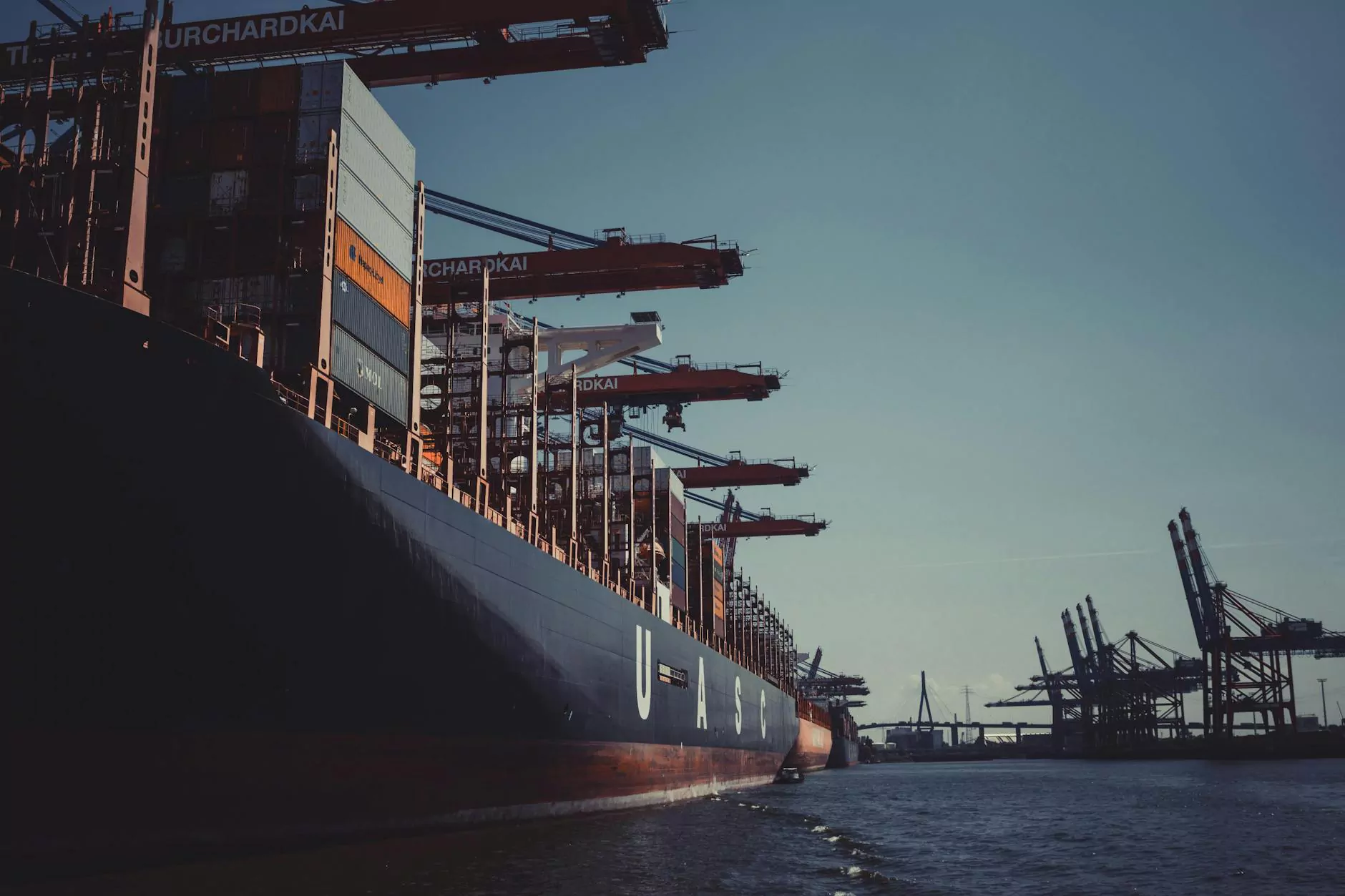The Comprehensive Guide to Air Freight Shipping Cost

In an ever-evolving global market, businesses are continually seeking efficient ways to transport goods. One of the most favored methods is air freight, especially when speed is of the essence. However, the air freight shipping cost is often a critical consideration for entrepreneurs and logistics managers alike. This article delves deep into air freight shipping costs, helping you understand the components that influence them, and providing strategies to optimize your shipping budget.
Understanding Air Freight Shipping Costs
Air freight is not just about putting your cargo on a plane and flying it to its destination. Several factors determine the overall cost of air freight services, which typically includes the following:
- Weight and Size of Cargo: The dimensions and total weight of the goods play a pivotal role in determining costs.
- Type of Goods: Certain commodities may incur higher fees due to handling requirements.
- Distance: The farther the cargo needs to travel, the higher the costs associated with the shipping.
- Fuel Costs: Fluctuations in fuel prices can lead to changes in shipping rates.
- Insurance and Duties: Additional costs may arise from insurance coverage and tariffs.
Major Factors Affecting Air Freight Shipping Costs
To effectively navigate the complex landscape of air freight, it is important to understand the factors influencing air freight shipping cost. Below are key aspects that logistics professionals should consider:
Weight and Volume
In logistics, air freight charges are commonly based on either the actual weight or the volumetric weight of the shipment, depending on which is higher. The volumetric weight is calculated using the formula:
Volumetric Weight = (Length x Width x Height) / Dimensional FactorIt’s crucial for businesses to accurately assess both the actual and volumetric weight of their shipments to avoid unexpected costs.
Type of Cargo
The nature of the goods affects shipping costs significantly. Items that require special handling or temperature-controlled environments often come with additional charges. For instance:
- Perishable goods
- Fragile items
- Hazardous materials
Route and Distance
The distance your shipment must travel also affects the air freight shipping cost. Longer distances tend to incur higher base rates. Additionally, some routes may have less competition, leading to higher prices due to limited options. Understanding the available routes can help you make more informed decisions when selecting shipping partners.
Fuel Prices
Fuel surcharges can significantly impact air freight shipping costs. As fuel prices fluctuate, these charges are adjusted monthly or quarterly by carriers. Keeping tabs on fuel price trends can help businesses forecast shipping expenses more accurately.
Insurance and Duties
Insurance can provide peace of mind when shipping valuable items. However, the cost of insurance will also contribute to your overall air freight shipping cost. Furthermore, international shipments may incur customs duties, which can vary based on the nature of the product and its country of origin.
Comparison of Air Freight Costs vs. Other Transportation Modes
While air freight is often the most expensive method for shipping goods, it offers unique advantages over other transportation options:
Air Freight vs. Sea Freight
When deciding between air and sea freight, consider the following:
- Speed: Air freight is significantly faster than sea freight, making it ideal for time-sensitive deliveries.
- Cost: Air freight tends to be more expensive, while sea freight is more budget-friendly for larger volumes of cargo.
- Reliability: Air freight schedules are generally more reliable and less affected by environmental conditions.
Air Freight vs. Ground Freight
Ground freight may be preferable in certain scenarios:
- Cost: Ground shipments often come at a lower price point.
- Weight Limitations: Ground services cater well to situations involving heavy goods.
- Last-Mile Delivery: Ground transportation can efficiently handle the final delivery stages.
How to Optimize Your Air Freight Shipping Costs
Businesses looking to cut down on air freight shipping costs can take several initiatives:
1. Partner with Reliable Freight Forwarders
Choosing a reputable freight forwarder can lead to cost savings. These professionals can advise on the best routes, negotiate better rates, and manage logistics efficiently.
2. Consolidate Shipments
Group smaller shipments into larger shipments when possible. This can reduce the price per unit and lower overall shipping costs.
3. Understand Seasonal Pricing
Air freight prices can fluctuate based on demand. Being mindful of seasonal peaks can help businesses plan their shipping schedules effectively and avoid premium rates during busy times.
4. Negotiate Contracts
If you frequently ship goods, consider negotiating contracts with carriers for better rates based on volume. Loyalty often leads to improved pricing structures.
The Future of Air Freight Shipping Costs
The logistics industry is on the brink of several revolutionary changes driven by technology and market demand. Here’s what to expect in the future regarding air freight shipping costs:
Increased Use of Technology
Technological advancements such as AI and machine learning are set to streamline logistics operations. These innovations can enhance route optimization, improve load planning, and predict cost fluctuations, ultimately leading to more transparent and competitive pricing.
Sustainability Initiatives
As environmental concerns continue to grow, air freight companies are embracing more sustainable practices. This shift may lead to increased costs in the short term but can lead to long-term savings through operational efficiencies and fuel consumption reductions.
Regulatory Changes
Global trade policies will continue to influence shipping costs, particularly concerning tariff changes and customs regulations. Staying informed about these dynamics will be crucial for businesses to manage their air freight shipping costs effectively.
Conclusion
Understanding air freight shipping cost intricacies is essential for businesses aiming to optimize their logistics strategies. By comprehending the factors influencing costs, comparing different modes of transport, and applying strategic pricing techniques, companies can enhance their shipping processes, achieve better pricing, and improve overall profitability.
If you're looking for a reliable partner to assist with your shipping needs, consider making your air freight bookings through cargobooking.aero. Their expertise in navigating the complexities of air freight logistics can lead to efficient, cost-effective solutions tailored to your specific requirements.









